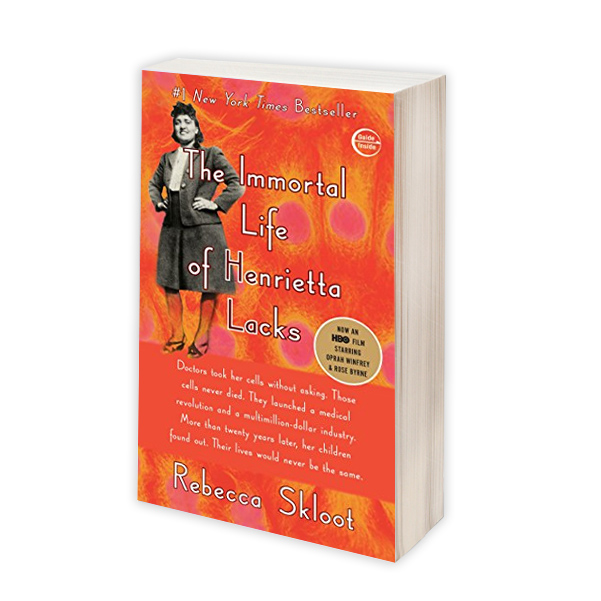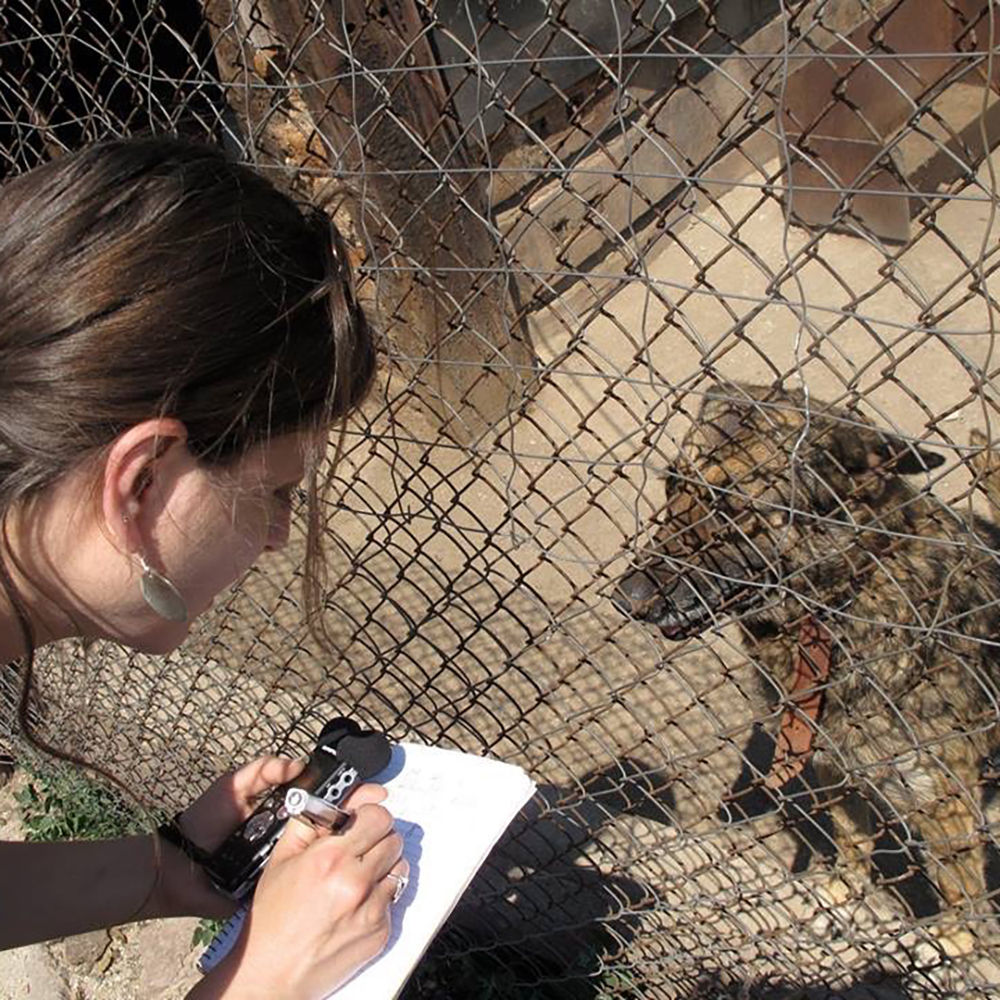"The Immortal Life of Henrietta Lacks is a triumph of science writing . . . one of the best nonfiction books I have ever read."
—Wired.com

Her name was Henrietta Lacks, but scientists know her as HeLa. She was a poor black tobacco farmer whose cells—taken without her knowledge in 1951—became one of the most important tools in medicine, vital for developing the polio vaccine, cloning, gene mapping, in vitro fertilization, and more. Henrietta’s cells have been bought and sold by the billions, yet she remains virtually unknown, and her family can’t afford health insurance.
Before becoming a science writer, Skloot spent more than a decade working as a veterinary technician in animal shelters, vet clinics, emergency rooms, shelters, research labs, and an animal morgue. Those experiences, and the ethical questions they prompted, are at the center of her current book-in-progress, which explores the often controversial topic of animal research through a deeply personal story about our complex relationships with animals — their roles in our lives, and in science — and the humans who battle over their fates, and as a result, our own.
